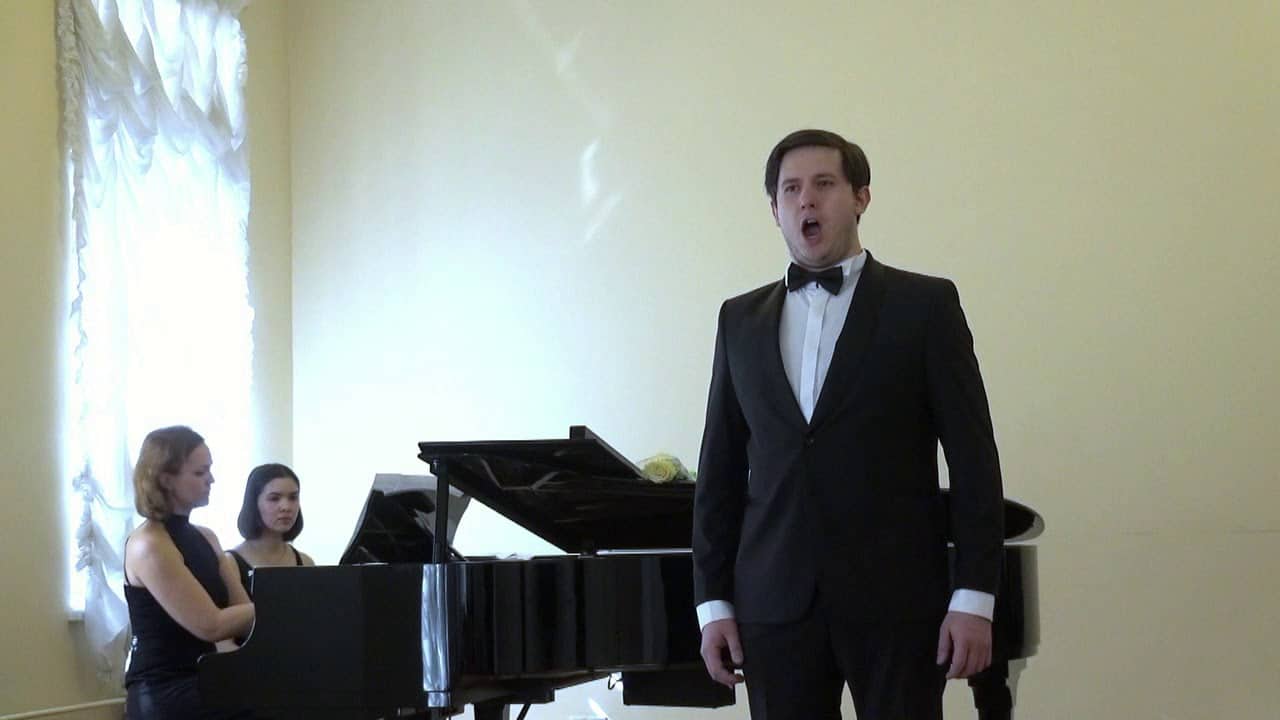Vienna bewilders the Proms
mainThere was mild bemusement among hard-core concertgoers and after-show drinkers at the end of the Vienna Philharmonic performance of Haydn’s 98th symphony and Schubert’s Great C major under the late-replacement baton of Franz Welser-Möst.
Nothing to do with the playing, which was glorious and impeccable in every respect bar one slightly sour movement fadeout in the Schubert. Nothing to do either with the conductor’s interpretation, which was uncluttered, organic and irresistibly energising.
So what was missing? An encore, for starters. Every travelling orchestra carries a quiver of crowd-pleasers and this one, despite prolonged applause, refused to deliver.
Some listeners mentioned a lack of ‘greatness’ in the performance. That’s exactly what I found most refreshing. Any third-rate conductor can posture the big occasion at the Royal Albert Hall, underlining every fat tune and swaggering through the tempo switches in Haydn and Schubert to make them seem magniloquent and meaningful.
Welser-Möst resisted the temptation to over-adorn. This was not so much a big performance as a collegial conversation over a hotel breakfast table, at which conductor and musicians were speaking the language of Haydn and Schubert as mother’s tongue, able to leave lines hanging in the air, unresolved, for later contemplation.
It was, for me, a memorable performance and one that augurs well for the future dialogue between this conductor and the orchestra when he takes over next year as chief at the Vienna State Opera.
Welser-Möst, who broke his vacation to save the gig when the venerable Nikolaus Harnoncourt called in sick, has not forgotten his rocky beginnings as 20-something music director of the London Philharmonic. Nor has the press in this town, which is forever urging him to prove a point and erase his early embarrassments. It takes moral courage to resist such challenges and do as he did at the Proms – to dare to perform the great classics as an everyday conversation, without pomp or posturing. Just as the masters intended.





Welser-Möst has kept true to himself throughout the years, no matter what critics said and despite his nightmarish years at the London Philharmonic. I attended this most magnificent performance and would like to add two things: 1) Tamás Varga, principal cellist of the VPO and interviewed on In Tune the day before the concert, said that the musicians thought and Welser-Möst agreed that there would be no place for an encore after the Schubert 9th. 2) Welser-Möst came back on the concert platform many times, stood alongside the musicians as is his custom and I think on the 3rd time the orchestra refused to stand up and let him acknowledge the applause alone. That says a lot for this orchestra and their relationship with this conductor. Apart from publicly acknowledging their approval of W-M, were they also sending a message to Welser-Möst’s critics in London?
Any chance of you revising and updating the English edition of your excellent book The Myth of the Maestro? So many things have either happened or changed since the last edition. Ever since I read your book my appreciation of orchestral music has completely changed. For example Welser-Möst is in Cleveland until 2018, starts in 2010 as General Music Director of the Vienna State Opera, the wonder kid Dudamel has emerged from the depths of Venezuela to become the Music Director of LA Symphony Orchestra, Andris Nelsons seems to head for a great career, Rattle with Berlin Phil until 2018, and so on and so on.
NL replies: It’s on the cards, but there are two other books I need to finish first.